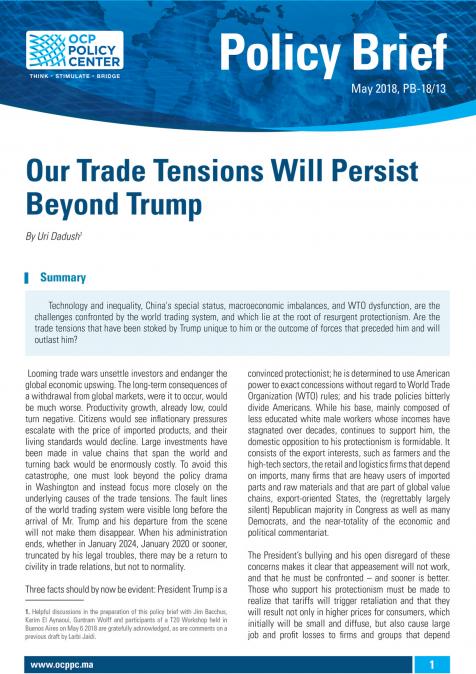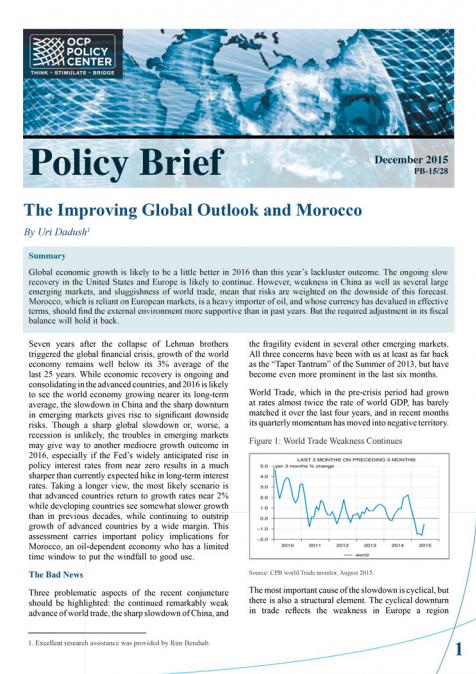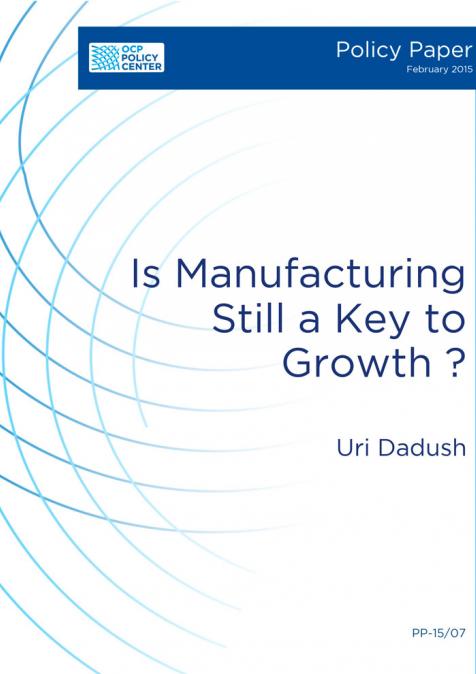Publications /
Policy Paper
Using education and elite configurations as the main variables of analysis, this Policy Paper aims to show how higher levels of popular sector incorporation during elite conflicts, namely in the process of formulating and implementing policies related to education reforms, can negatively affect the economic complexity of developing countries. To do so, it analyzes the experiences of Mauritius and Singapore and links foundational political economy theories, particularly developmental state theory, Waldner’s elite conflict paradigm (1999), and state-led innovation (Lee and Yoo, 2007), to economic complexity as an outcome. It essentially argues that popular sector incorporation and mobilization during elite conflict impedes on state-academia-industry coordination, which is a necessity for late developers to develop efficient networks of productive knowledge, conducive to achieving higher levels of economic complexity.






